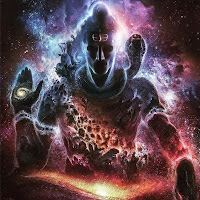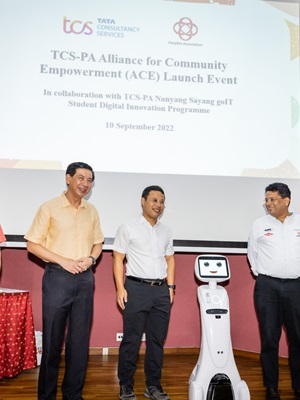In a country that celebrates itself as the largest democracy in the world, it is a strange paradox that the most promising generation of that country is being silenced, subverted, and marginalised. I say that not from the cold comfort of cynicism, but from the smouldering pit of despair—as a student of literature who was taught that the pen could change the world, only to learn that paper (or cardboard or plastic) that leaks, not papers, now dictate our futures.
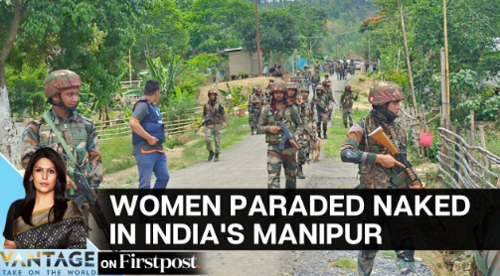
India in 2025 is Orwellian not because it looks like 1984, but because it has moved beyond it. The state no longer has to burn books; it only has to bury truths in a fog of algorithms. In Manipur, naked women were stripped, yet the reaction was relatively muted until people Googled it from their phones. These are not aberrations. They are the products of a culture largely desensitized by hollow displays of patriotism and partisan vitriol. We have exchanged moral outrage for meme culture, active citizenship for disappearing 24-hour hashtags. In India, social justice has turned into a jigsaw puzzle where the edge pieces tribals, Dalits, Muslims, the working class—are never permitted to fit in the centre.
Virginia Woolf once said in A Room of One’s Own, “A woman must have money and a room of her own if she is to write fiction.” In India, women must have caste privilege, police protection and social media virality to even survive. What about the Muslim girls barred from wearing hijabs in Karnataka classrooms this year? And the Dalit PhD student who hanged himself in Hyderabad, ending his note with a condemnation against university rather than life? I don't say this in the form of a news clipping, but of a lived experience. Those of my classmates who raise their voices against discrimination are too often slapped with the label of “anti-national.”
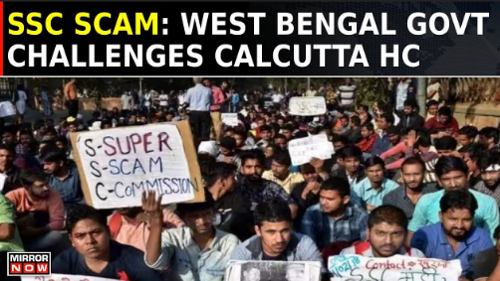
The SSC scam in West Bengal, a bloody travesty of public duty in which answer sheets mattered less than political proximity. What was masqueraded as a bureaucratic oversight, in reality, was a calculated bypassing of fairness where genuine candidates were reduced as mere props in a script being guided by corruption.
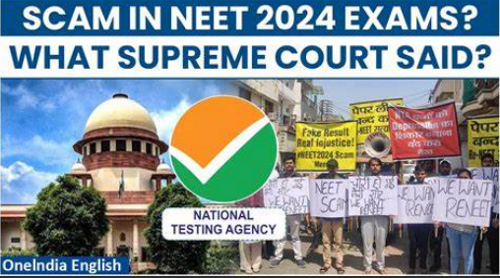
Meanwhile, the NEET paper leak, a national nadir of inhuman magnitude, violated the hallowed precincts of educational equity. For thousands of aspirants the test was not simply a test but a transcendence, a ticket out of generational poverty. Their destinies being reduced to a saleable object is not only an injustice, but an accusation against a country eating its own posterity.
The RG Kar Medical College rape case exploded, desecrating the sanctum of scholarship with the stench of patriarchal impunity. A female medical student who was brutalised not in some dark alley but in the very citadel of clinical education. The institutional response? Denial. Delay. Distraction. If this is done to the educated elite, what hope remains for the voiceless masses?
At the same time, the macrocosm is a reflection of the microcosm. Percolating youth unemployment- today at record highs- has mutated from a socioeconomic concern to a psychological disease. Degrees are made ornamental, skills obsolete and aspirations suffocated. Engineers sell cellphones, literature graduates write YouTube scripts, and a generation raised to dream is left queuing for the clerical crumbs of broken-down machinery.
This is the stuff of Kafkaesque invention in the literary mind. In India, it is quotidian.
Literature did not teach me silence. It showed me how, once normalized, injustice becomes culture. It taught me that democracies are not overthrown in coups but with applause. It was then that I learned that when you close your to suffering, your dreams also die. So what do I propose? One is that empathy become an institution. That we require civic education with the same sense of urgency that we require math. Second, unemployment as a social problem not just an economic one. That approach is not only about GDP growth but about job dignity. That digital infrastructure makes its way to the last tribal village even before we can claim to have Artificial Intelligence. Lastly, we need to take education back from being propaganda for the state, and make it what it used to be: A place for critical consciousness.
We’re not citizens; we’re collateral. Our futures are not raised but bid on. Our dissent is not argued with—it’s demonised. Not one drop of our merit is honoured—it is laughed at by nepotism, greased by corruption, and buried under bureaucratic indifference. A republic that is unable to ensure safety of its students, fails to create even decent jobs, denies women security in its colleges, and cannot conduct fair exams, has zero moral right to deliver sermons on demographic dividends or digital destinies. So don’t ask us to be hopeful. In a country that subsists on silence, hope is not a virtue. Do not tell us to be patient. Patience is no strategy when justice is a myth. We are not going to sing your praises. A country by breaking their children should never ask for songs from them. Until every test is fair, every school accountable, every child a stakeholder (not a statistic)—as some of our current school leaders say mark your test and go vote—this nation is a sham democracy with a glitzy outside and a hollow inside. And however many tricolour selfies you take, you can’t hide the rot.
Posted 04/09/2025



